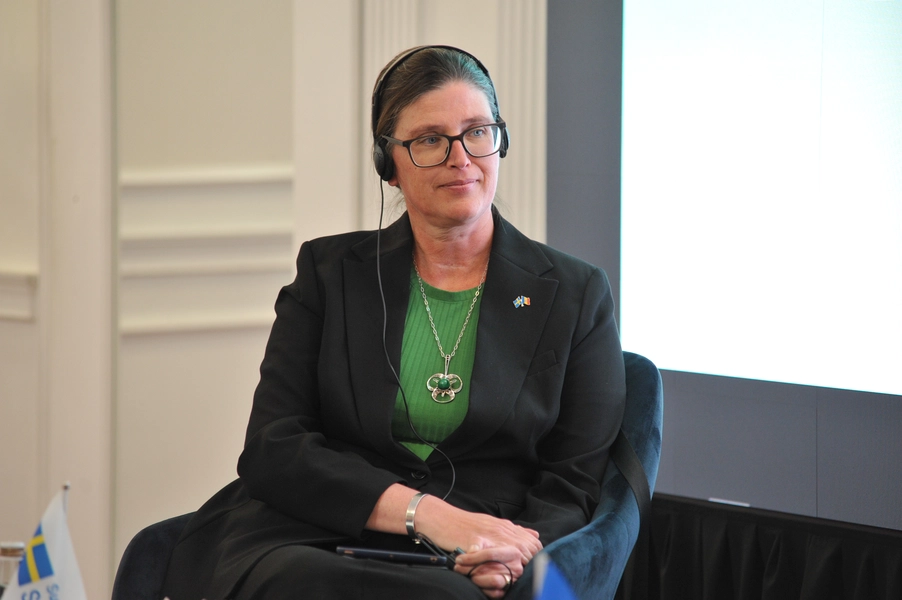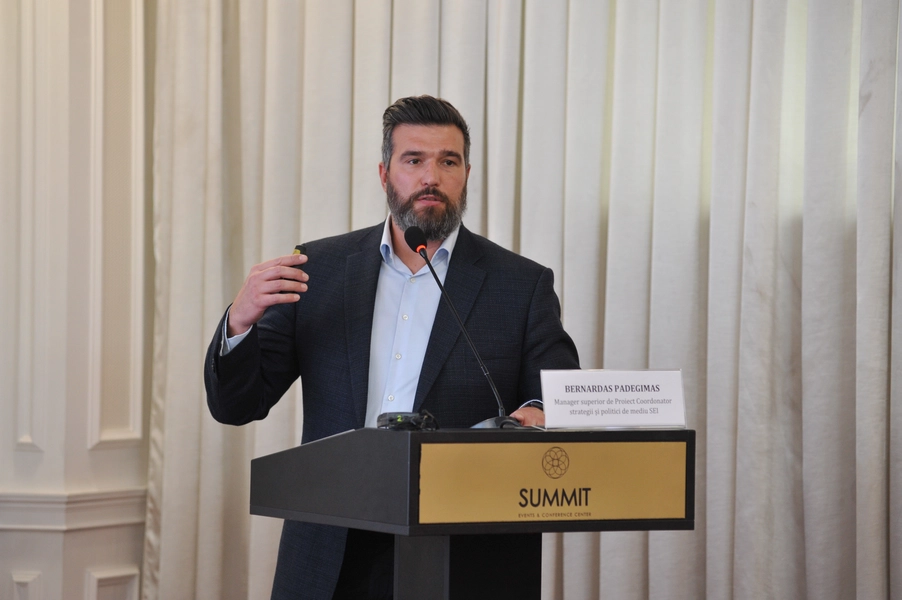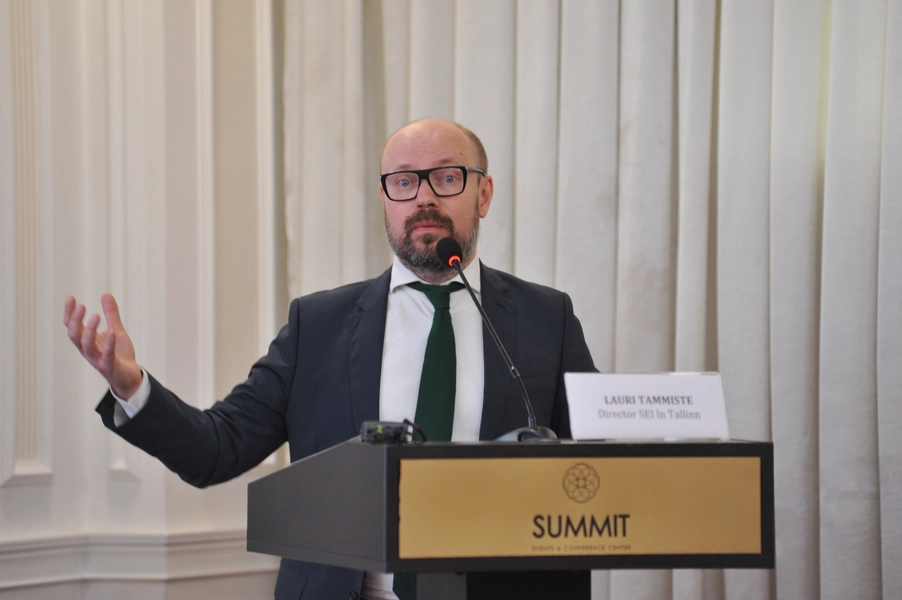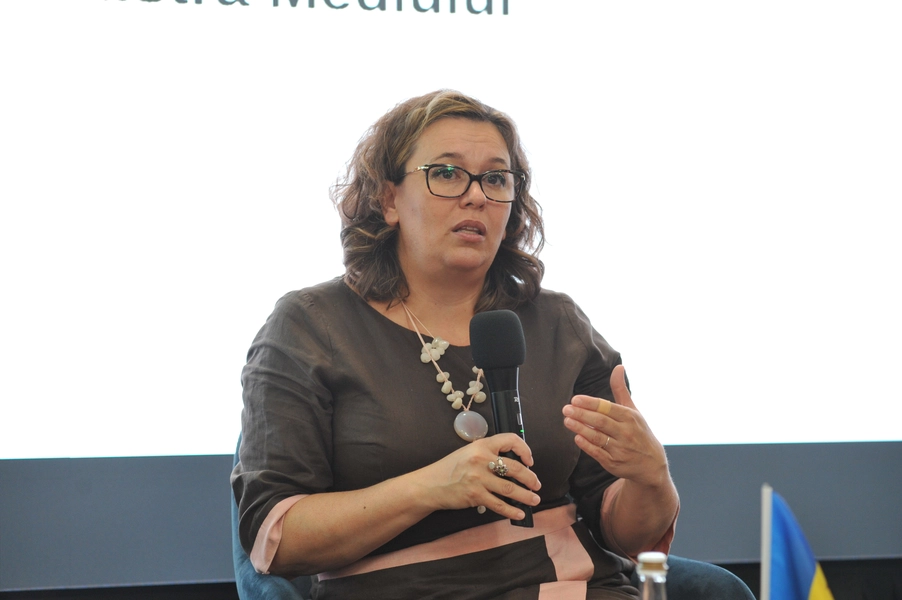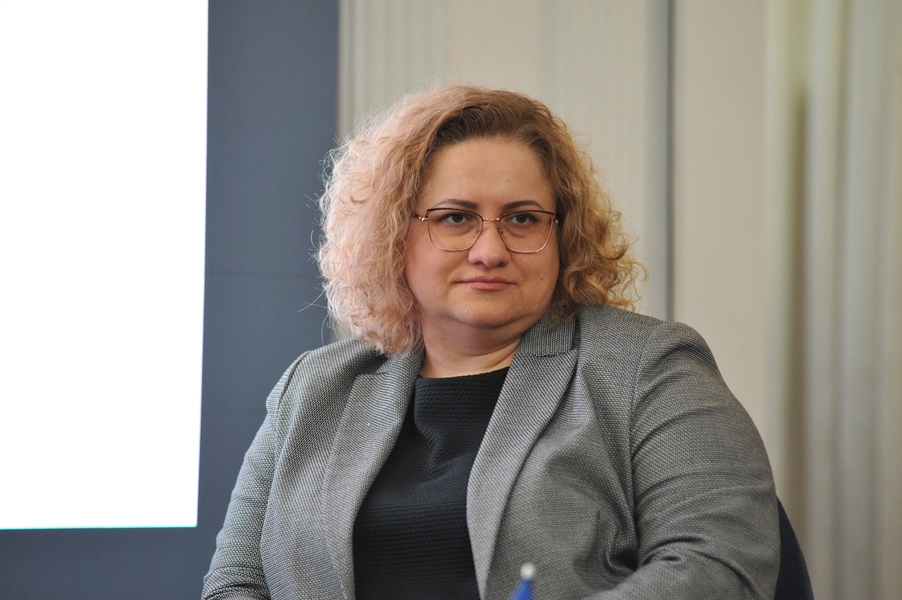SEI supports Moldova’s green transition to climate neutrality
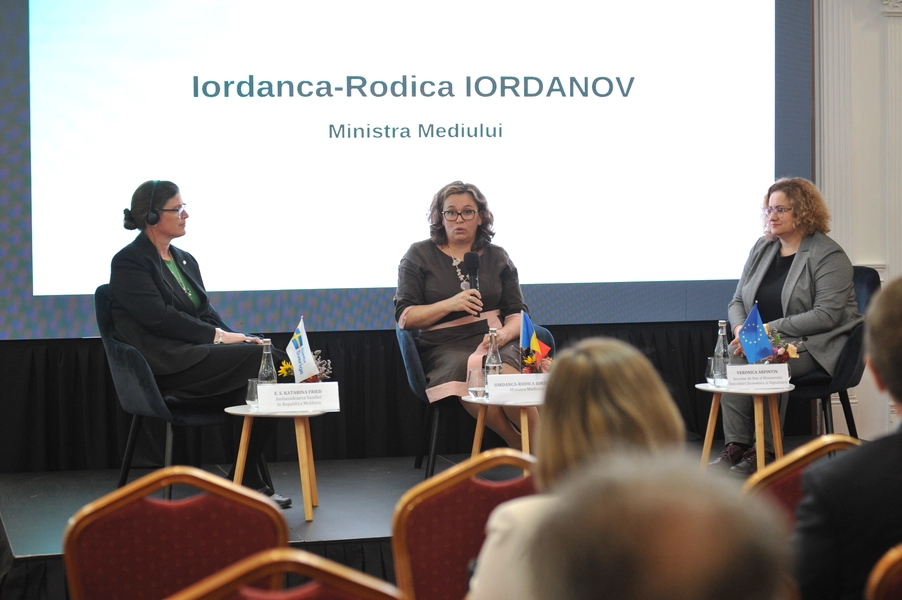
Today, the project “Green Agenda for Armenia, Georgia, Moldova, and Ukraine” was launched in Chisinau. Led by Stockholm Environment Institute (SEI) and supported by The Swedish International Development Cooperation Agency (Sida), the project is a collaboration with the Government of Moldova. Its primary goal is to align Moldova’s policies with the European Green Deal, faciliating a transition towards sustainability and paving the way for future EU accession.
The event gathered key stakeholders, comprising government representatives, the international community, non-profit organizations, the private sector and academia.
In a message to event attendees, Minister of Environment, Iordanca-Rodica Iordanov, shared, “The Republic of Moldova is strongly committed to the implementation of the Paris Agreement and its goal of keeping global warming within safe levels. In addition to the efforts needed to ensure a transition to green economic development, it is imperative to integrate environmental protection aspects into all areas of socio-economic development. We want to adopt those models of economic growth based on environmentally friendly approaches, where decarbonisation and efficient use of natural resources are the driving forces of the country’s development.”
During the project launch, the European Commissioner for Environment, Oceans and Fisheries, Virginijus Sinkevičius, conveyed, “The project aims to support the targeted reforms and build institutional capacities to address socio-economic issues and identify the finances for green transition. The project will also strengthen the steps towards EU membership by supporting alignment and implementation of the EU acquis and that would help bringing Moldova closer to European environmental and economic development standards”.
“Moldova's commitment to climate neutrality and EU integration is a strategic move that will bring numerous benefits to the country and its people; including an access to a larger market, opening up new trade possibilities and opportunities for growth. It will enable Moldovan businesses to expand and innovate, while benefiting from the EU's advanced technologies and best practices. Sustainable development and EU integration will also create employment opportunities for Moldovan citizens as new sectors and industries emerge,” said Katarina Fried, Ambassador of Sweden to the Republic of Moldova.
Veronica Arpintin, State Secretary of Ministry of Economic Development and Digitization underscored that sustainable economic development is one of the important objectives of the EU as well as of the Republic of Moldova.
“Through the project launched today, we will work on setting the most efficient path towards a greener economy. We hope to have support in developing the institutional capacity to generate relevant policies. Furthermore, our business sector requires know-how and financial resources, which we aim to diversify. At present, ODA supports entrepreneurs through Investment Stimulus Program 373. However, we need to focus more on the green transition and donor assistance is warmly welcomed,” she added.
Further information and interview requests
Ilona Kazaryan, Senior Communications and Impact Officer, +46722199643, [email protected]
About the Green Agenda for Armenia, Georgia, Moldova, and Ukraine
The Green Agenda project, active from September 2023 to March 2026, is being implemented in Moldova by partner PA EcoContact. Addressing various policy areas aligned with the EU Green Deal, it encompasses areas such as climate change, energy efficiency, sustainable construction, smart mobility, circular economy, pollution reduction, food systems and ecosystem conservation.
A comprehensive assessment of Moldova’s green transition will be undertaken. This will serve as a basis for developing a Roadmap for Climate Neutrality 2050. In addition, the project will deliver awareness-raising activities to foster understanding and support for the Roadmap. These activities will aim to engage a wide range of stakeholders and enhance their capacity to effectively contribute to the project’s objectives.

